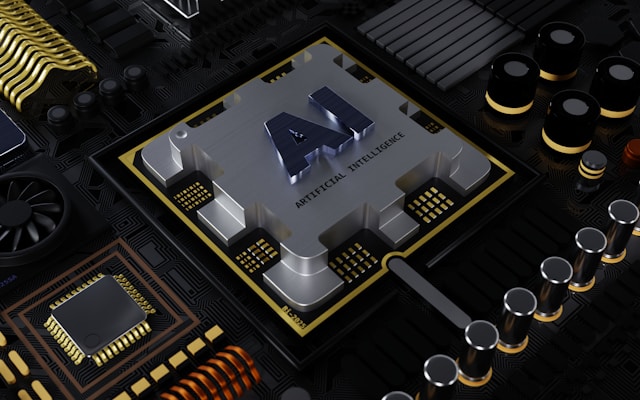AI’s role in recipe creation is mixed, with some successful innovations and others deemed unpalatable.
AI‘s influence on the culinary world is growing, with restaurants and food creators experimenting with machine-generated recipes to tantalize taste buds. However, the results are a mixed bag, with some AI-created dishes becoming hits and others falling flat.
Successful Experiments:
In Dubai, Dodo Pizza leveraged AI to craft a unique pizza that resonated with the city’s diverse population. Using ChatGPT, the restaurant developed a pizza featuring Arab shawarma chicken, Indian grilled paneer cheese, Middle Eastern Za’atar herbs, and tahini sauce. The result was a surprising hit, showcasing AI’s potential to blend diverse cultural flavours effectively.
Embed from Getty ImagesSimilarly, in Dallas, Velvet Taco’s culinary director Venecia Willis tested AI-generated taco recipes. Although some suggestions, like red curry coconut tofu with pineapple, seemed unconventional, a prawns and steak taco developed through this process proved popular, selling 22,000 units in a week. Willis views AI as a valuable tool for sparking creativity but emphasizes the importance of human validation.
Unsuccessful Ventures:
Not all AI-generated recipes meet with success. Dodo Pizza’s experiment with a blueberry and breakfast cereal pizza failed to make it to the menu. Similarly, Velvet Taco’s AI suggestions sometimes resulted in combinations that were less appetizing, like red curry and pineapple.
Industry Perspectives:
Critics argue that AI-generated recipes lack the intuitive understanding of flavor combinations that human chefs possess. London-based cocktail creator Julian de Feral and linguistics professor Emily Bender caution against over-reliance on AI, suggesting that while it can be a creative aid, it often lacks the common sense needed for successful recipe development.
AI in Food Trend Analysis:
Despite these challenges, AI is proving useful in tracking food trends. UK supermarket chain Waitrose uses AI to analyze social media and identify emerging food trends, such as “smash burgers” and “cookies” (croissant-cookie hybrids). This approach has enabled Waitrose to launch products that are aligned with current consumer interests.
Innovation and Accessibility:
In Singapore, Stefano Cantù’s app, ChefGPT, offers recipe suggestions based on available ingredients, receiving positive user feedback and significant initial engagement. However, Cantù faces challenges balancing advertising and subscription models while managing operational costs.
Conclusion:
AI’s role in food creation is evolving, with both successes and failures highlighting its potential and limitations. While AI can introduce innovative ideas and track trends, it should be used as a tool to complement, not replace, human creativity and expertise in the kitchen.
Analysis:
Political: AI’s integration into the food industry reflects broader discussions on technology’s role in everyday life, including regulatory and ethical considerations. As AI tools become more prevalent, their impact on various sectors, including food, may prompt policy debates about innovation and data usage.
Social: The use of AI in recipe creation and food trend analysis showcases how technology influences consumer experiences and preferences. It highlights the intersection of technology and culture, demonstrating how AI can both reflect and shape societal tastes.
Racial: The success of AI-generated recipes in diverse cultural contexts, such as Dubai, underscores the potential for technology to address and celebrate multiculturalism. However, it also raises questions about the authenticity and representation of cultural flavours.
Gender: AI’s role in food innovation can impact gender dynamics within the culinary industry by potentially altering traditional roles and practices. The integration of AI might influence the balance between technology-driven and human-driven culinary creativity.
Economic: AI’s application in the food industry has economic implications, from enhancing product offerings to influencing market trends. Companies investing in AI-driven innovations may gain competitive advantages, while challenges in monetization and operational costs can affect profitability.
